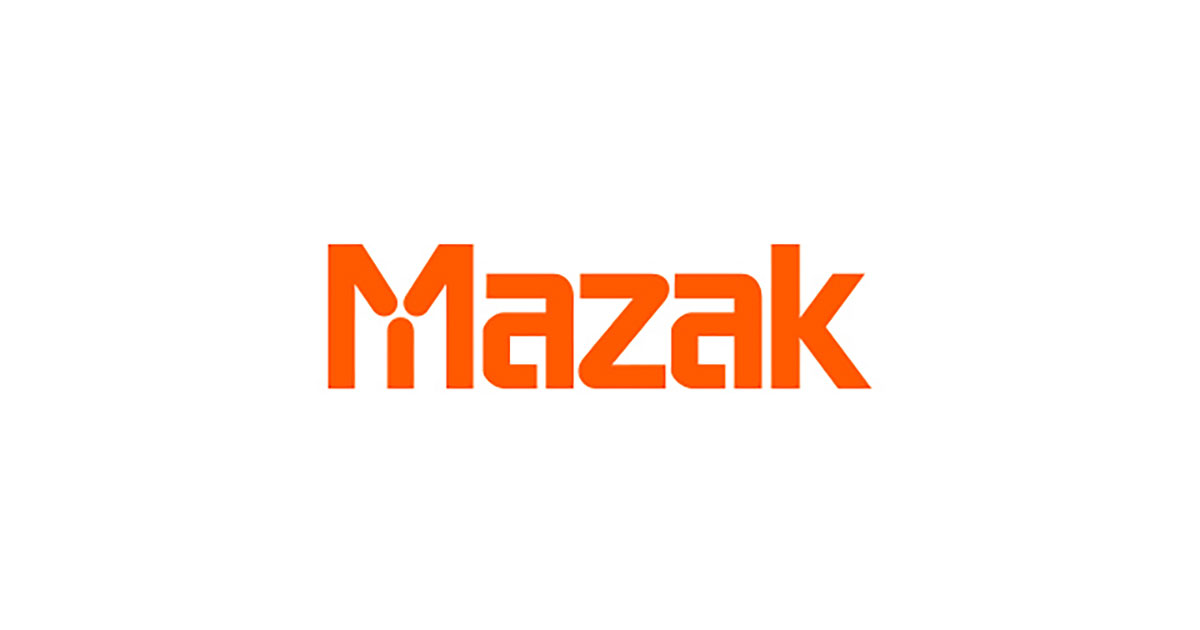A more modern etymology was advocated by Gordon M. Day in 1968, elaborating upon Charles Arnaud from 1880. Arnaud had claimed that the word came from Montagnais
irnokué, meaning "terrible man", via the reduced form
irokue. Day proposed a hypothetical Montagnais phrase
irno kwédač, meaning "a man, an Iroquois", as the origin of this term. For the first element
irno, Day cites cognates from other attested Montagnais dialects:
irinou,
iriniȣ, and
ilnu; and for the second element
kwédač, he suggests a relation to
kouetakiou,
kȣetat-chiȣin, and
goéṭètjg – names used by neighboring Algonquian tribes to refer to the Iroquois, Huron, and
Laurentian peoples.
[20]
























